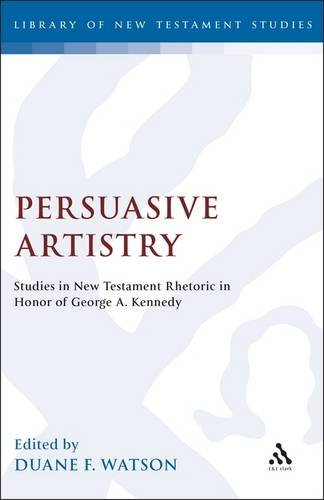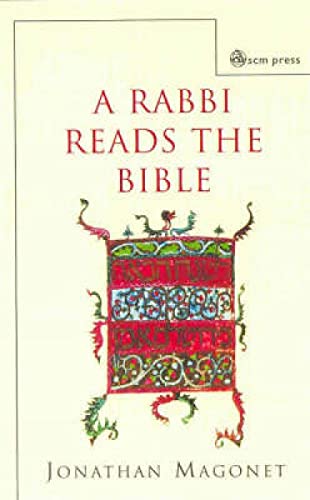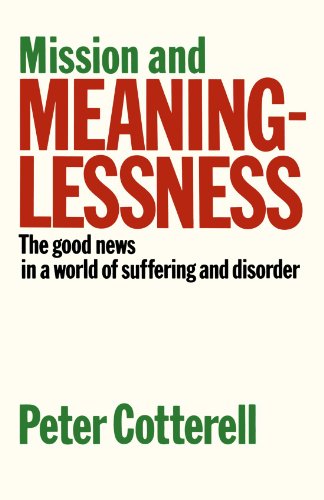The Flowering of Old Testament Theology (Sources for Biblical and Theological Study Vol. 1)
Written by Ben C. Ollenburger, Elmer A. Martens and Gerhard F. Hasel (eds.) Reviewed By John GoldingayThis symposium on approaches to OT theology comprises three essays by the editors and 22 excerpts from the work of significant figures in the history of the discipline this century (with Gabler as an appendix). The essays divide the story into three segments: the period up to 1930, the developments over the next half-century or so, and expectations for the 21st century. Each of the excerpts (typically 15 or 20 pages) includes something on method and a sample of the content of the writer’s actual theological work. All 25 contributors are white authors from the North Atlantic countries (22 are German or American—some adoptive), 23 are Protestant Christian, 24 are men. The volume and the series are of evangelical background, though I was not clear how this contributed to the way the editors went about their analysis of the task of OT theology or their assessment of works (apart from its leading them to include references to and excerpts from evangelical works).
Before I die, I hope to write an OT theology. I know what I expect to be aiming to do: to formulate an understanding of God, humanity, the people of God, and so on which emerges from the OT as a whole, recognizing that I write as a Christian but being concerned to enable the OT itself to address the church rather than leave the church free to continue to ignore it. I am thus fundamentally sympathetic to Eichrodt’s understanding of the task. I may never fulfil my hope (I am sobered to be reminded by this symposium that at least two great OT scholars, H. Wheeler Robinson and Walther Zimmerli, died before managing to write their OT theologies, though it is odd that Zimmerli is here said to have been prevented from doing so by his ‘unexpected’ death—he was 76!). But if I do, one of the reactions I shall expect in the reviews is people querying whether this is really what OT theology is about.
The study of OT theology is characterized by varying and strongly-held views on what it involves. I no longer think it matters whether we come to agreement on the nature of the task (as at least one of the editors thinks): let us have as many approaches as possible to letting the word of God speak to us theologically. But I think I know why views are held so strongly. It reflects the fact that the term ‘OT theology’ has value-status. Anyone writing on the OT in such a way as to attempt to penetrate its deepest insights or restate its most far-reaching aspects may therefore be inclined to claim the title ‘OT theology’ for their work. It is this which explains the appearance of such a title on a work such as von Rad’s—of which one might say (I believe), ‘C’est magnifique, mais ce n’est pas théologie’. It is why the series ‘Overtures to Biblical Theology’ is such a wondrously varied collection. It is why I shall use the title ‘Overtures to Biblical Theology’ is such a wondrously varied collection. It is why I shall use the title ‘OT theology’ on the cover of the book I hope to write, even if not inside (I have doubts about the unscriptural title ‘OT’, to start with).
A symposium on OT theology therefore has to decide whether it is concerned with OT theology in a fairly narrow sense or whether it really refers to OT hermeneutics more generally. This volume compromises. For the most part it follows the path set out by Eichrodt, Vriezen, Jacob, McKenzie, Zimmerli and Westermann, but then in the last section dips a toe in waters stirred up by people such as Phyllis Trible. Once it has done that, however, it can hardly stop there. There is a host of approaches to discovering the OT’s ongoing significance parallel to those of feminism, such as those characteristic of liberation theology (where is Miranda?), of black theology (where is Mosala?), of other socio-critical approaches (where is Gottwald?), of deconstruction (where is Danna Nolan Fewell?), and of other literary approaches (where is Clines?). Of course, any symposium has to stop somewhere; my problem is whether there is a rationale for the particular point where this one stops. But what there is is fine, and I begrudge no-one the opportunity to read in English those classic 1920s essays by Eissfeldt and Eichrodt which I once had to read in German …
John Goldingay
Fuller Theological Seminary







